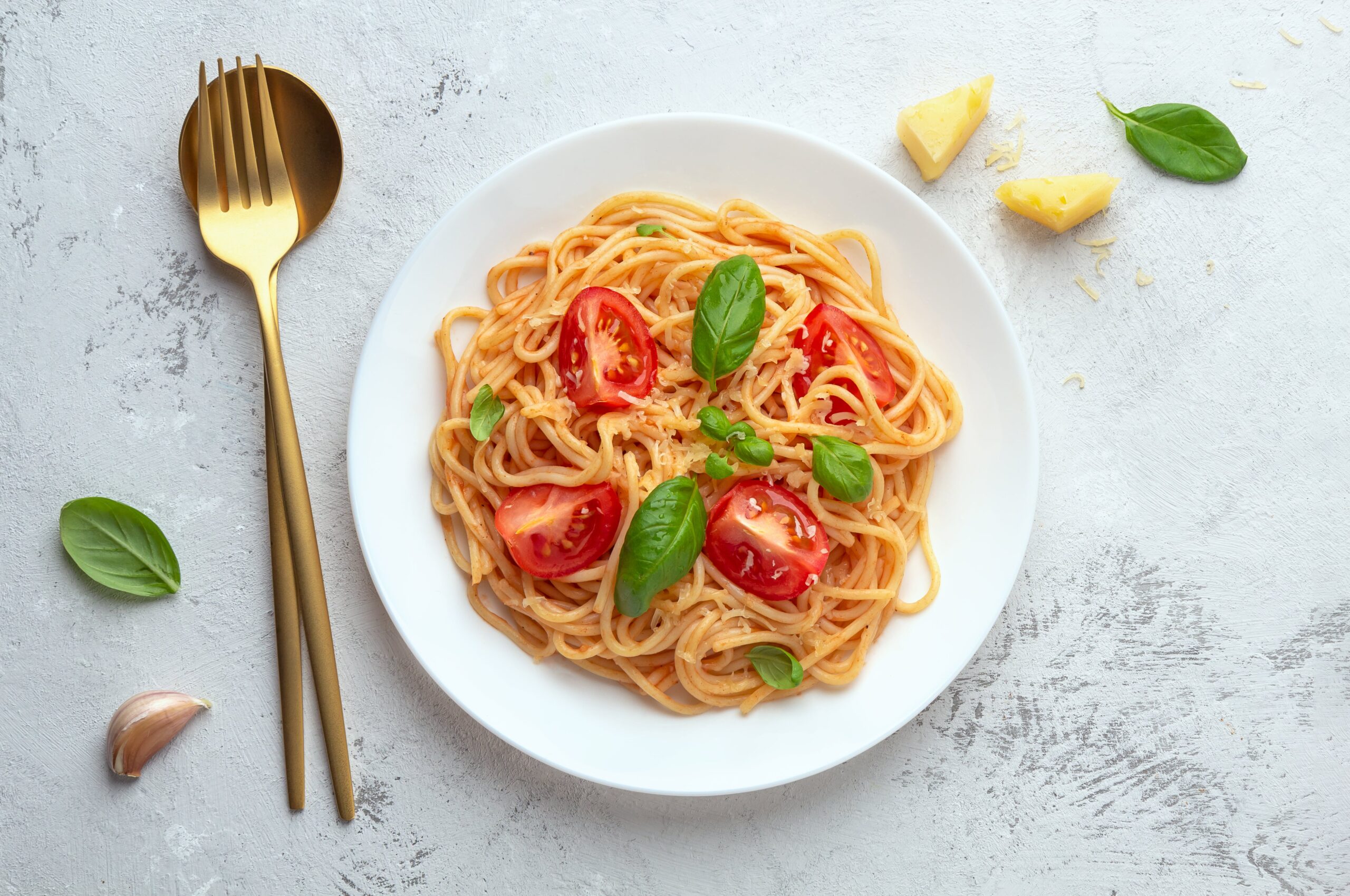Blog

Five Tips to Raise an Intuitive Eater
Feeding kids is HARD. It’s easy to get caught up in worrying about whether your child is eating enough, getting the right nutrients and having enough variety in their meals.
We get it – you just want what’s best for them!
There are a million conflicting messages out there about what the best way to parent is.
At Embody Health London, we are not here to add to that! Instead, we want you to know this: there is no ‘right’ and ‘wrong’ when it comes to feeding your little one. The fact that you are trying to learn more about supporting your child to have a positive relationship with food means that you are already doing a pretty amazing job!
The good news? We are all born intuitive eaters.
In fact, Intuitive Eating is all about returning to our natural attitudes and habits around food. Think about it – as babies and young children, we eat when we are hungry and stop when we are full. There are no fears of weight gain, concerns about health, restrictive food beliefs or any of the other factors that influence our food intake as adults.
So how can you support your little one to maintain a healthy mindset around food?
Here are our FIVE TOP TIPS:
ONE: Be a role model
Research shows that parental eating behaviour is a key indicator of children’s eating behaviours and body image.1 Additionally, we know that children who see their parents eat fruit and vegetables have greater intake of these foods than those who don’t.2 So lead by example! Let them see you enjoying your veggies, loving your body and having a positive relationship with food.
TWO: Let them make choices around food
You are the parent, so you are in charge of what foods are on offer, as well as when and where the food is eaten. But once you have served the food, your job is done! Let your child choose what and how much they eat at a meal.
Research has found that encouraging children to eat more fruit and veggies actually leads to a decreased intake of these foods.2 How typical!?
Additionally, high levels of parental control over food seems to have the opposite effect to what we’re aiming for, with these children eating more ‘unhealthy’ foods and having poorer self-regulation of energy intake than those whose parents exercise less control.1,3
So encourage your child to serve themselves. If they are too little to do this, feel free to fill their plate for them AND avoid pressuring them to finish everything and let them know that they have the option of seconds. This might sound scary and you might be thinking – how will I make sure that they have eaten enough? Honestly, you won’t! But remember, your job is to teach your kids to eat, not to do it for them.
THREE: Avoid using food as a reward
We all know that food-based rewards can be a VERY effective way of influencing children’s behaviour – for example, promising a lollipop if they stop crying or ice-cream if they finish their broccoli. This is proven by studies which show that rewarding children for eating particular foods leads to them eating those foods more often.4
Unfortunately, it also leads to them liking those foods less and liking the reward foods more.5 In other words, by saying “If you eat your broccoli, you can have ice cream later”, your child’s enjoyment of broccoli will decline and their appetite for ice cream will increase. Not ideal!
FOUR: Talk about food neutrally
Kids have a very black and white mindset. When they hear us say “Chocolate is bad for you”, they hear “Chocolate is bad and so are you if you eat it”. Even describing foods as ‘healthy’ and ‘unhealthy’ can be unhelpful. A big problem with teaching children about nutrition is that they don’t yet have the brain development needed to understand context and nuance.
Try describing the food instead. For example:
- Instead of saying “Eat an apple, it’s good for you”,
- Try asking “Would you like some of this apple? It’s so crunchy and sweet!”
Serving a small portion of dessert with dinner can also help to keep all foods on an equal playing field.
FIVE: Don’t force them to eat foods they don’t like
You are probably thinking that kids need to eat fruit and vegetables to be healthy. And you are right! But unfortunately, pressure and persuasion are not very effective ways of getting them to love their veggies.
We want our children to know that being healthy is about more than how many mouthfuls of peas they eat each day.
To keep mealtimes peaceful, it is a good idea to make sure you have some ‘safe’ foods that you know they like and will eat without argument. In addition, try offering some new or previously disliked foods for them to try if they want to, or just let them see you enjoying them. As discussed earlier, your kids are more likely to eat their veggies if they see you doing it!
Fun fact: it can also take up to 8 exposures to a specific food before children begin to appreciate it (particularly between the ages of two and five).
Try to remember that you are teaching them how to eat for the rest of their lives, as the eating habits that are developed in childhood carry through to adulthood.6 You won’t always be there to tell them what to eat, so they need to learn to make those decisions for themselves. This means you can start practicing as soon as possible!
At the end of the day, it is your goal to teach them to trust their body. It is one of the most important lessons you’ll ever teach them!
Karli Battaglia MDiet, APD
EHL Team x
References:
- Brown R. Children’s eating attitudes and behaviour: a study of the modelling and control theories of parental influence. Health Education Research. 2004;19(3):261-271.
- Fisher J, Mitchell D, Wright H, Birch L. Parental influences on young girls’ fruit and vegetable, micronutrient, and fat intakes. Journal of the American Dietetic Association. 2002;102(1):58-64.
- Birch L, Fisher J. Development of Eating Behaviors Among Children and Adolescents. Pediatrics. 1998;101(2):539-549.
- Lowe C, Dowey A, Horne P. Changing what children eat. In: Murcott A, ed. by. The National’s Diet: The Social Science of Food Choice. 1st ed. London: Addison Wesley Longman; 1998. p. 57-80.
- Newman J, Taylor A. Effect of a means-end contingency on young children’s food preferences. Journal of Experimental Child Psychology. 1992;53(2):200-216.
- Steptoe A, Pollard T, Wardle J. Development of a Measure of the Motives Underlying the Selection of Food: the Food Choice Questionnaire. Appetite. 1995;25(3):267-284.














